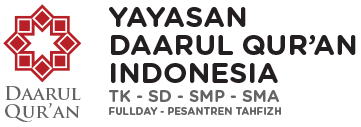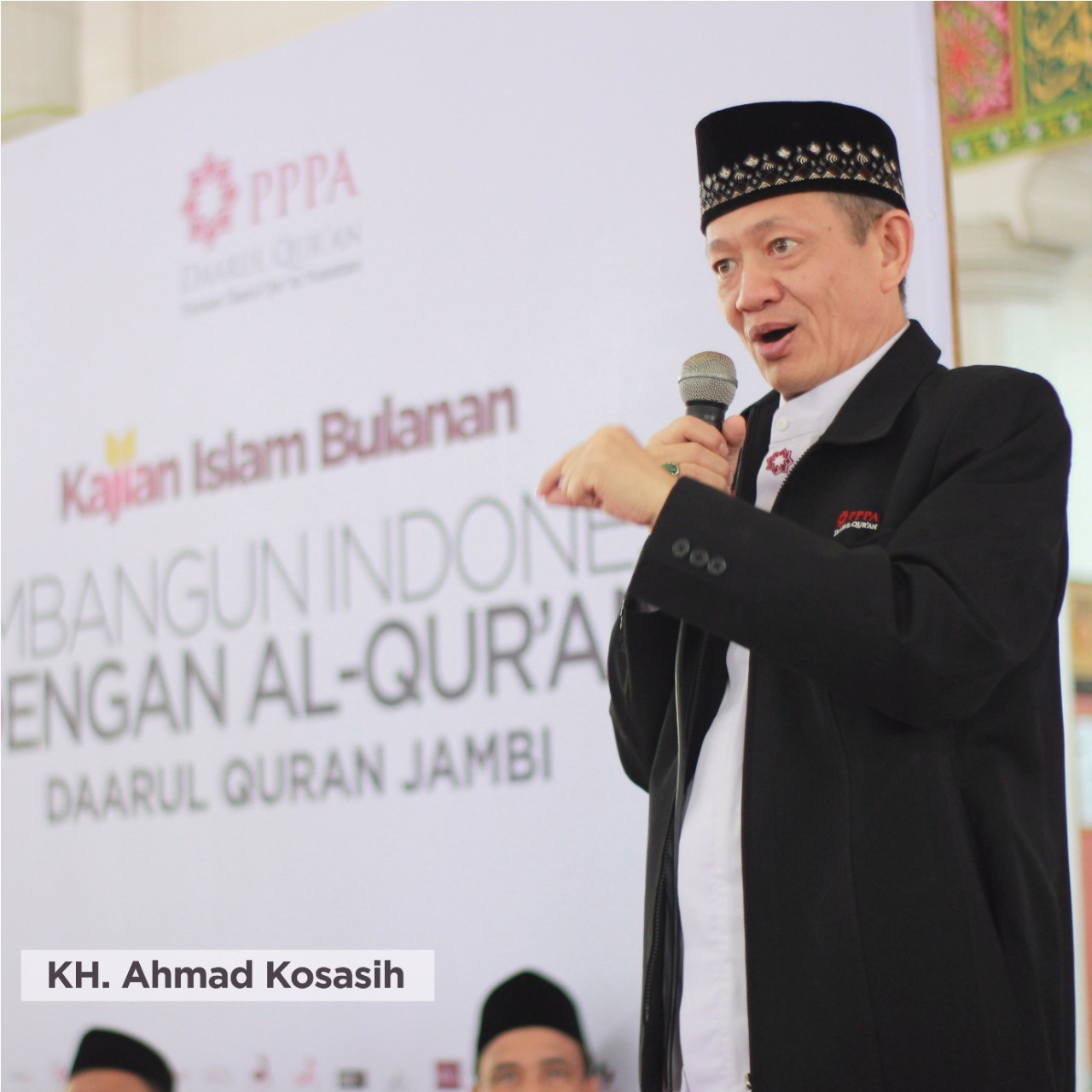By KH Ahmad Kosasih, Daarul Quran Sharia Board
Question: Assalamu ‘alaikum warahmatullahi wabarakatuh, Kyai, would you please explainthe necessity ofhomecoming(“mudik”) in accordance with Islam point of view.Thank you. Wassalam.
Answer:
In Indonesian’s terminology, “Mudik”, Indonesian’s term for homecoming, is originated from “udik”. Indonesian language dictionary (KBBI) define “mudik” as the river above (near the origin/source) or (area) in river upstream. This leads to the definition as the original and clear source, which could be interpreted as parents, family, or hometown.
In this context, visiting each other (“silaturahim”) is the moment to refine and reconnect a relationship. Rasulullah SAW said that silaturahim connects the broken (HR Bukhari). A good and continue relationship may affect to prolonged life span and prosperity.
Homecoming is also the cure for the tired soul who lives far away from their hometown, especially for the poor. From the book: Slums and Community Development (1966), author Marshall Barron Clinard said that the lower class of the urban group are those who are an outcast in society, experience culture shame, economically oppressed, politically utilized, and suppressed by the rich.
These people found sanctuary in their hometown, which the big cities could not provide. The feeling of inclusivity, where the people know and care for each other. This environment creates serenity, safe and peaceful feelings. Being together with their family and relatives, they feel humanized.
For those who have achieved a successful career, homecoming could be some sort of self validation. It is okay to show your achievements, as long as it does not contain riya’, ujub, tabdzir which could trigger jealousy. To expose our social status is actually not prohibited, because it is a way for us to show our gratitude to Allah for His grace. As for His word “And proclaim the Grace of your God” (QS 93:11). Rasulullah SAW also said that Allah is happy to see His grace is shown by His servant.
With all those meaning to people, it was not surprising that homecoming has become an annual tradition. Even though the trip is always physically, mentally or financially draining, many people would always accept this as a part of their tradition. It is already predicted this year that millions of people will go back to their hometown using various modes of transportation.
According to KBBI, “Udik” is also defined as a village or a countryside, as antonym of town or city, which negatively interpreted as an ill mannered behaviour, out of date, or tacky. An Indonesian famous comedian Tukul Arwana usually said the word “Ndeso” for this phenomenon.
That meaning of “Mudik” reminds us that “Mudik” can also be seen as negative, when we justify every act in order to arrive to our hometown as quickly as possible. Sometimes we may ignore the courtesy of travelling such as mahram, safety, caring, tolerance, etc. While driving, it is not uncommon that we forget to respect other people that also using the road.
In worse situation, some people intentionally put this so called tradition above all of their mandatory obligation—such as salat and fasting—or sunnah obligation—such as tarawih, or reciting Quran. For “Mudik”, some of us will also abandoned the last ten days of Ramadhan, the special period in this holy month, where there is a night called Lailatul Qadr, a night which (decree) is better than a thousand months. Because of his strong will to meet Lailatul Qadr, Rasulullah SAW—a man who already guaranteed the highest level of heaven without his deeds being judged or hisab—put his best effort to worship Allah SWT in last days of Ramadhan.
Aisyah RA, Rasulullah SAW wife said that when entering the last ten days of Ramadhan, Rasulullah SAW tighten his cloth (that he used to pray), keep the distance from his wife, stay awake through the night, and then waking up his family to worship and pray to Allah SWT (HR Bukhari).
People who do homecoming could also harm his hometown. It is mentioned in an international seminar about the outcome of residents mobility to social change (International Migration, June 1989), concluded that the migration from village to city caused clashes of norm and value in the village. Paulo Coelho, one of the writer said that, “Migration has seriously jolted rural traditional values and behavior through the new style introduced by out-migrants.”
Aside from positive outcomes to the development of the village, the people who do homecoming could spread the bad influence—typically negative behavior of big city residents—such as gambling, drinking, stealing, oppressing, and prostitute. The modesty and civilized nature of the villagers slowly decay.
Because of that reason, we should try to take “Mudik” as—mentioned in Javanese terminology—“Mudiko”, which means rise. Homecoming should boost our decree in front of Allah SWT or humans being.
The rise or the decline of human’s decree in front of Allah, depends on his/her obedience. The purpose of Ramadhan is to make enlighted people to become more obedient. Ramadhan is not the period where we pursue the world for the sake of good apprearance in Idul Fitri. Because, as Rasulullah SAW said, that Allah does not look at your physical or your appearance, rather your obedience.
Furthermore, when we give benefits to the environment it is a personal value that bring us to a higher level in society. Because, as Rasulullah SAW said, the better people are the most beneficial to his/her fellow being.
To insan nafi’an, the abundance of income which they gained during Ramadhan and Idul Fitri, he/she would remember to share the fortune to the poor. This is not for purpose of bragging, nor being extravagant. Rasulullah SAW said that, “Be indifferent towards this world, and Allah will love you. Be indifferent to what is in people’s hands, and they will love you.” (HR Ibnu Majah).
Last but not least, courtesy of homecoming—as well as the courtesyof pilgrimageas the complementary action that follows—should be the moment to remember about death. Not less than 16 times Al Qur’an mentioned words: raaji’uun, which meanscoming home to the kingdom Allah SWT, to the eternal afterlife.
If we are willing put so many efforts for Idul Fitri homecoming, does it sounds logic for us to put our best effort as well for the sake of a better life when we return to the herafter?

